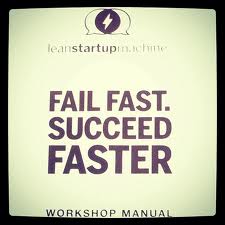NIH officials announced yesterday that a new contract has been let with UCLA to form a network of researchers at various academic institutions to identify promising new and older drug compounds to treat Autism Spectrum Disorder (ASD) and to see if they merit additional investments.
The program is part of a new initiative called “Fast Fail” intends to vastly speed up the drug development process and reduce the costs of this drug development. Instead of taking years of work to see if a drug works this Fast Fail process could see results within weeks. As ASD is a huge issue for the USa and other countries this fast testing with myotonic dystrophy drugs could lead to treatments in a much faster time frame.
Dr. James McCraken who is leading the effort at UCLA states “The Whole idea is just getting much better in these early phases at identifying drugs that are going to be efficacious and safe and thereby speeding the development of effective new therapies and reducing the overall cost”


